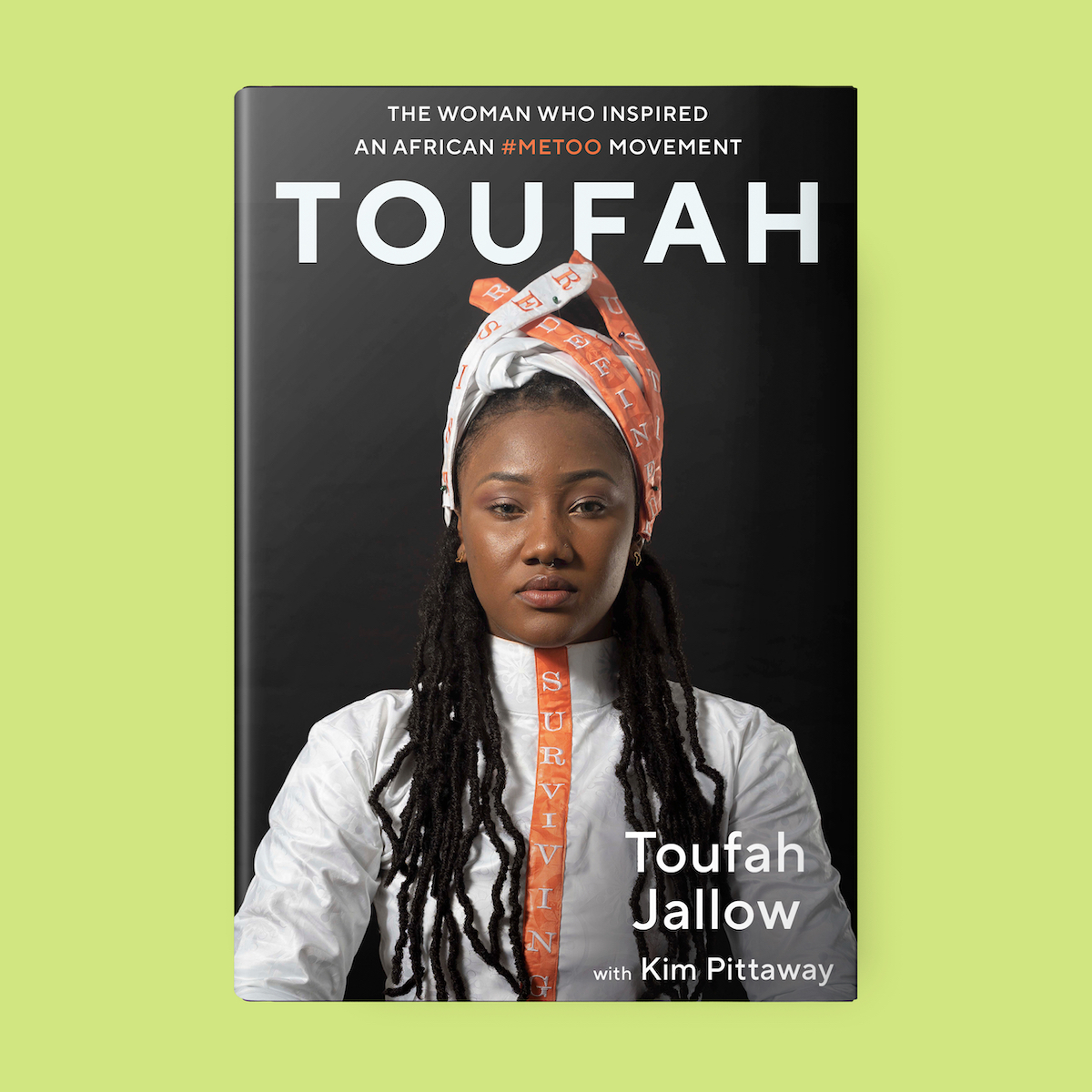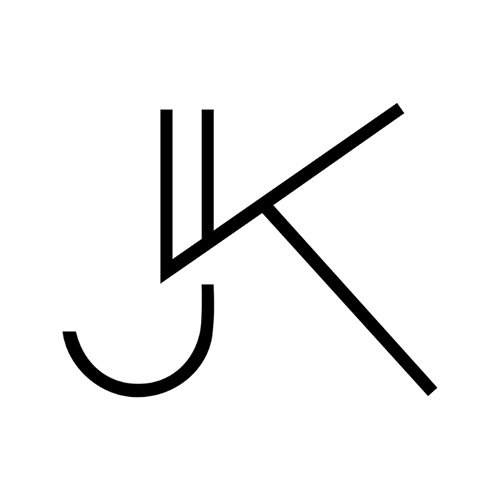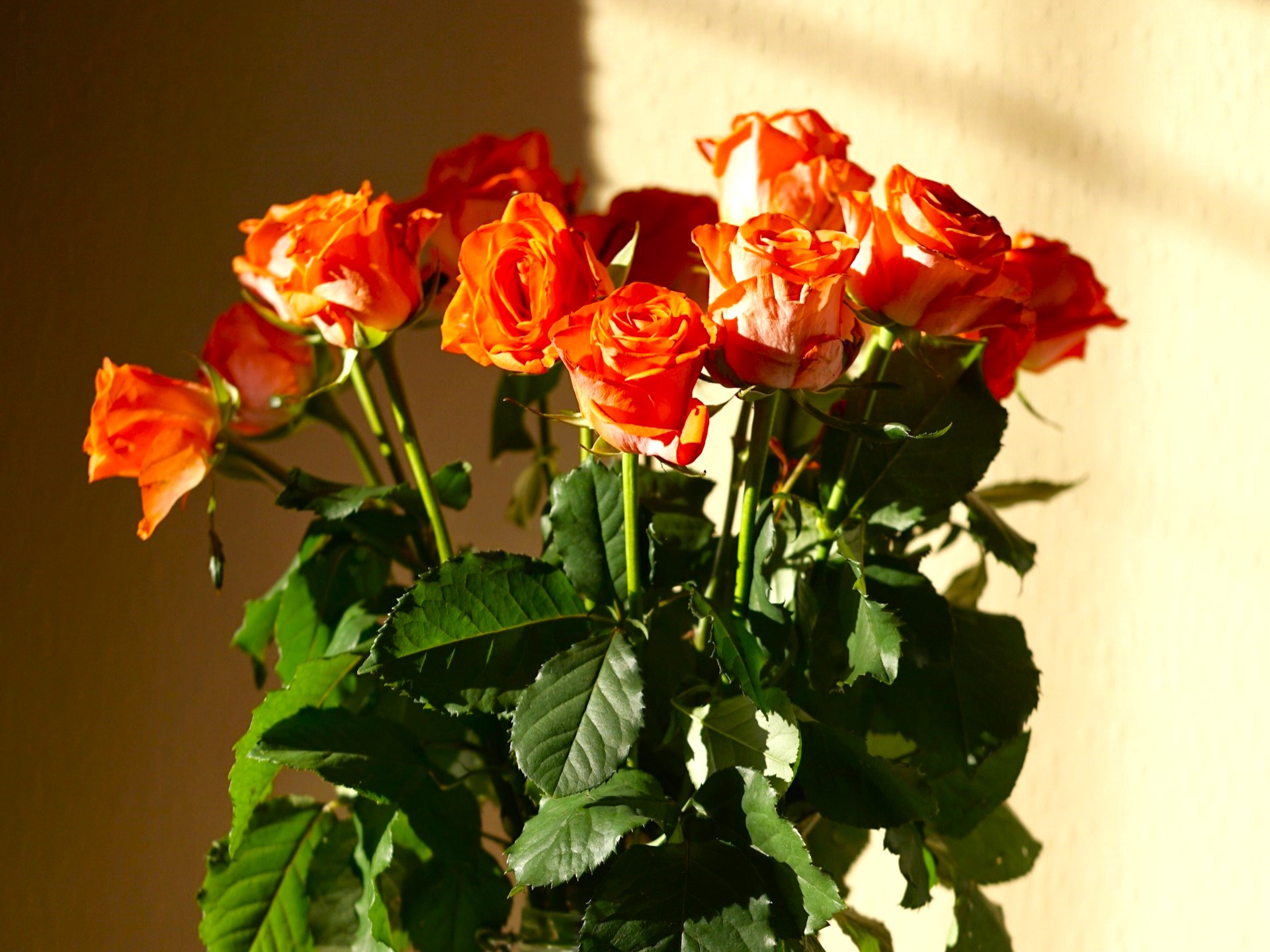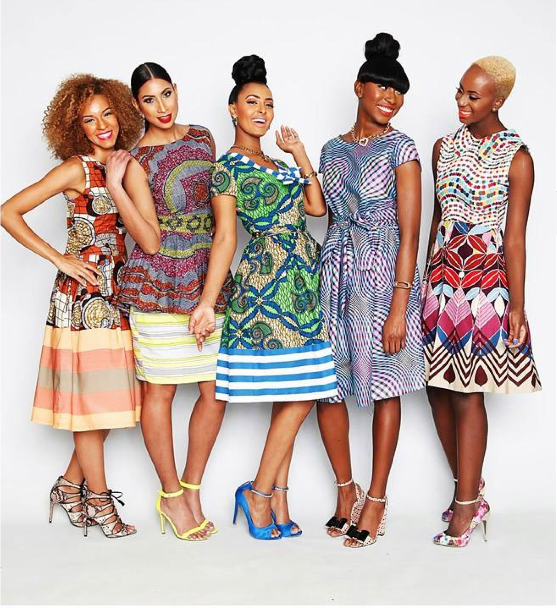While reading this book that I was gifted with by Penguin Random House Canada, I was deeply inspired by Toufah’s resilience and her powerful voice in the memoir, Toufah – The Woman who Inspired an African #MeToo Movement. It seemed fitting to have had this book just in time for International Women’s Day as Toufah Jallow is indeed woman making history by standing up to a dictator. She grew up in a traditional Gambian multi-family household, surrounded by a lot of languages, culture and community. The norm in such an environment was to be married off before having a chance to complete a university education but her mother worked hard so that Toufah could break the mould by getting a full education and not marry a man who already had a wife.

Image via Pengiun Random House Canada
“My grandmother had been married at thirteen, my mother at sixteen, and here I was at eighteen, still a schoolgirl. As is perhaps common, I was so close to my mother that I didn’t fully see her as a person. It would be some time before I recognized the steps she and my grandmother before her – had taken to exercise what little independence she could, making incremental choices that allowed me to have more options that she had at my age.”
Keep reading to know more about the Toufah Jallow #MeToo story. Toufah’s mother, outwardly conforming, had made sure that her daughter was educated and had ambitions of her own. Dreaming of a scholarship, Toufah entered a presidential competition designed to identify the country’s smart young women and won. The tenacity with which her grandmother and mother led their lives is what intrigued me the most and is albeit where Toufah learned to own her voice and stand up for herself.
“The women in my family, and in other families too, subverted men’s power where they could; made choices in their own interests where they could; and where they could created a world in which their daughters had a little bit more power, more choice. Social and religious circumstances pushed them down. Their strength and will pushed them forward – and perhaps in these ways they were more similar to the mothers and grandmothers of Western feminists than is often acknowledged.”
Toufah is not only bright and educated, she is intelligent and has a strong resolve. After she wins the pageant competition, and is then sexually assaulted by the then President Yahya Jammeh, she is able to muster up enough courage to flee the country of Gambia via Senegal to Canada where she becomes a refugee. This book on the Toufah Jallow #MeToo story recounts the painful rape experience, Toufah’s flight for her life and the eventual fight for justice both in Canada and the Gambia.
The Toufah Jallow #MeToo story is very significant for all African women because in most African cultures, rape is a word that is not openly spoken of and the victim is often silenced or accused and blamed of bringing such a circumstance upon themselves. In some cases, rape survivors are even punished by being married off to the rapist to prevent shame and stigma. In this case, any attempt by the woman to speak up for herself would be seen as an act of resistance that could result in the husband resorting to domestic violence and abuse.
Once in Canada, Toufah immediately moves on with her life but is continuously reminded of the past and the need to speak up and bring Jammeh to justice while advocating for the rights of other women and girls who have been through similar experiences.
“I know from my own experience that simply focusing on one aspect – telling young women they can be what they want to be, say no if they want to say no – was actually dangerous if those shiny ideals weren’t backed up with practical supports, effective laws and societal structures to hold abusers accountable.”
To this end, Toufah has set up a foundation to offer supports for women’s safety and mental health. This book itself is an effort to bring awareness and action on the issue of rape and sexual harassment. Having read this book, I would encourage everyone – African or not to keep a copy as a must-have in their personal library because it is a firm reminder that the woman who refuses to be silenced is both powerful and fierce. Despite all the social pressures not to, Toufah is using her lived experience to empower and liberate other women, which is a very courageous thing to do.
Toufah is now on the path to reclaiming the future that Yahya Jammeh tried to steal from her. In July 2019, Toufah went back to the Gambia to testify against him in a public hearing which sparked tremendous support through a protest march and on social media under the hashtag #IAmToufah that encouraged many African women to share their own powerful stories.
TOUFAH JALLOW is an African anti-rape activist who inspired a #MeToo movement in West Africa. A compelling and poised speaker, she has told her story to her nation on live television, as well as to reporters from the BBC, CBC, NPR, New York Times, Globe and Mail, Guardian, Al Jazeera and more. She has spoken before the United Nations, presented at the International Criminal Court at The Hague, and given testimony at The Gambia’s Truth, Reconciliation and Reparations Commission. She lives in Toronto, Canada, where she is studying to become an assaulted women and children’s counselor, and travels frequently to The Gambia, where she heads The Toufah Foundation in support of survivors of sexual assault.
KIM PITTAWAY is the Executive Director of the MFA in Creative Nonfiction program at the University of King’s College. She is an award-winning journalist, former editor-in-chief of Chatelaine, and a recipient of the Outstanding Achievement Award from the Canadian National Magazine Awards Foundation. She lives in Halifax, Nova Scotia.
What are you initial thoughts about this book review and how has Toufah’s experience shaped your own viewpoint on African women having a strong voice?










